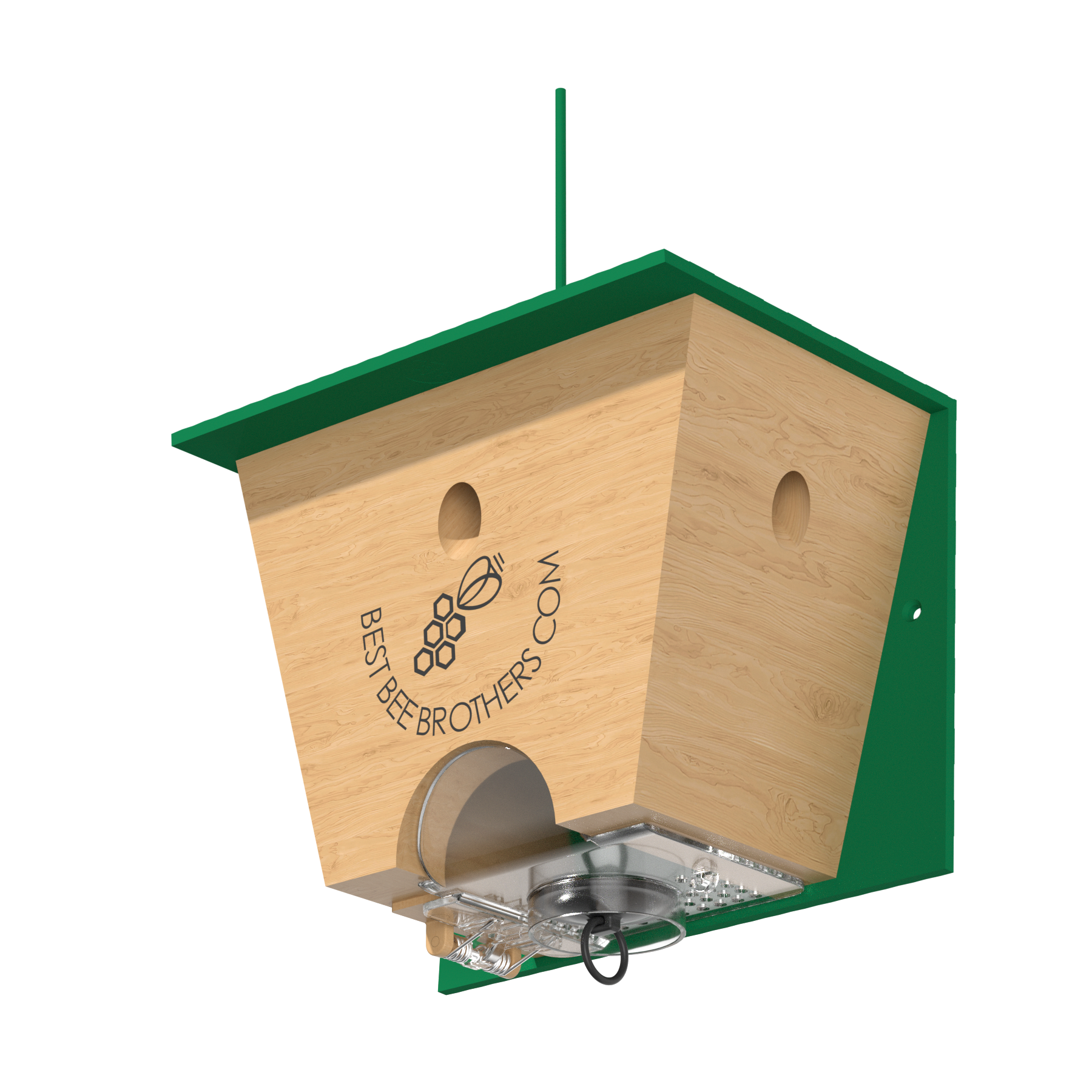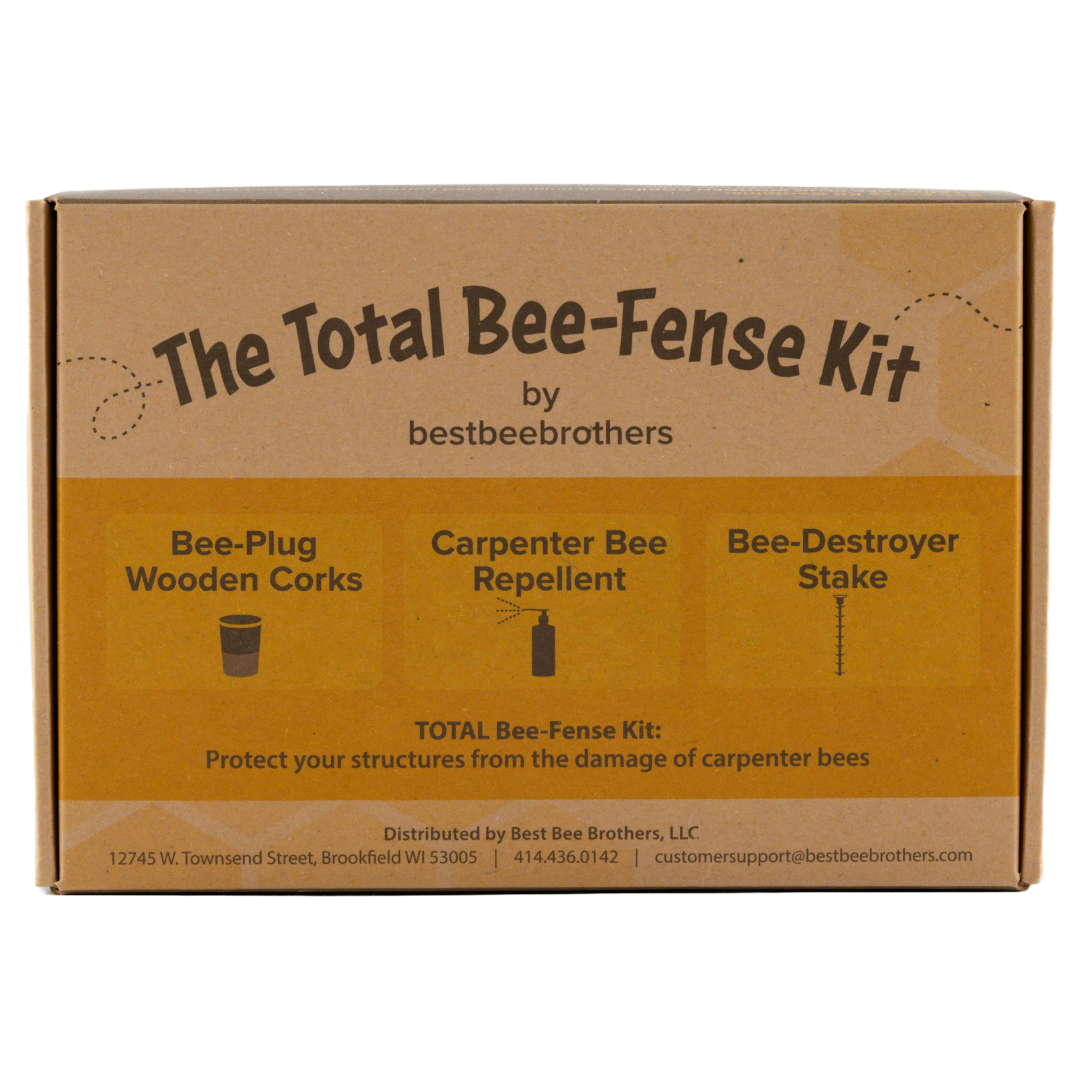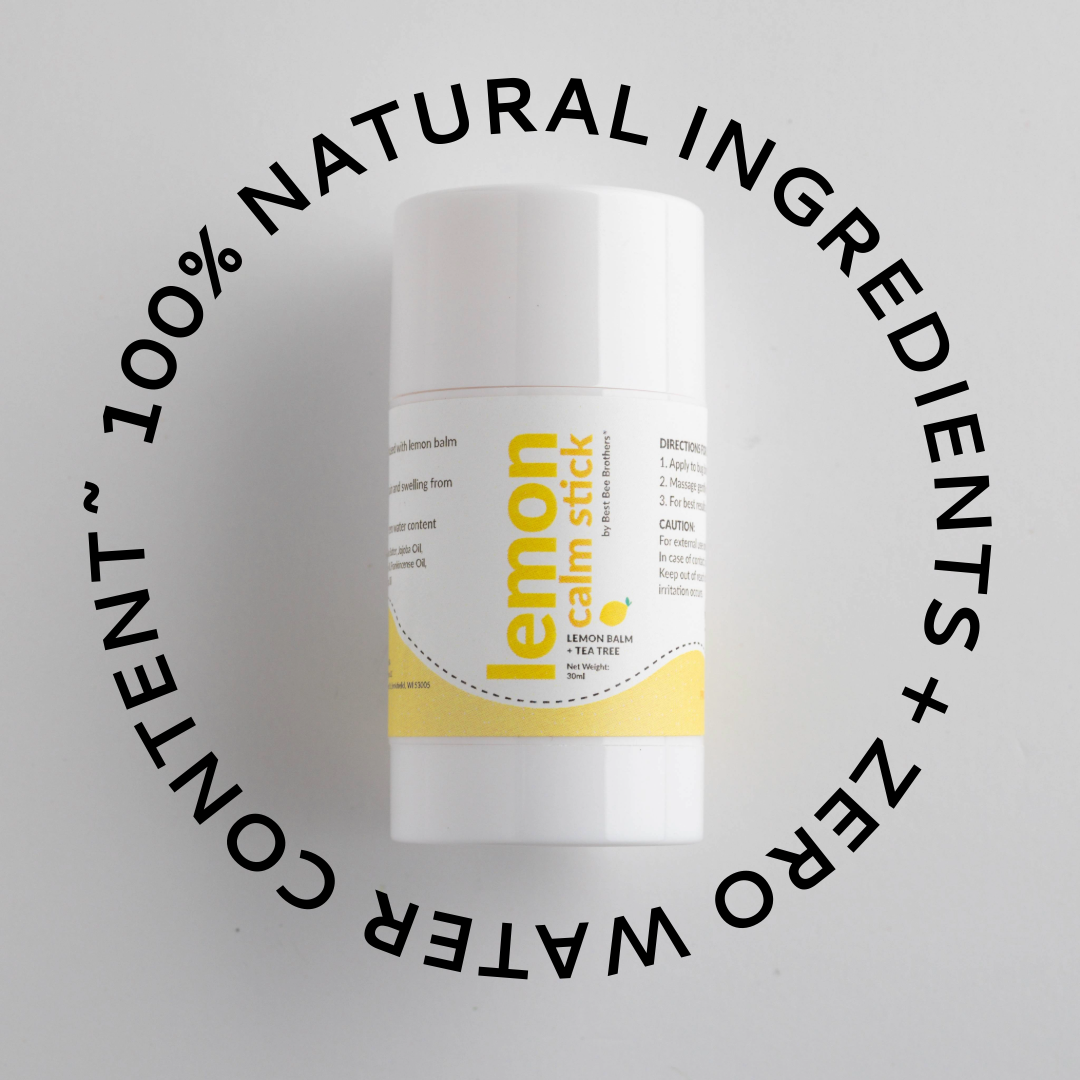Here are the best bugs for your garden
Getting pesky insects like mosquitoes out of your yard can feel like a never-ending chore. There are millions of chemical-laden products designed to help eliminate these pests. But applying them can be expensive and time consuming, and chemicals often harm more than just their intended victims. These solutions often end up hurting the good bugs that keep your garden and yard functioning well.
Good bugs? Is there really such a thing? The answer is yes! There are many harmless and helpful insects that live harmoniously with us and keep the bad ones in check. Here are the best bugs for your garden:
- Ladybugs
- Green Lacewing
- Insect-Parasitic Nematode
- Bumblebees and Honeybees
Ladybugs
Known as a symbol of good luck, ladybugs are also recognized as a gardener’s best friend. They are some of the fiercest predators out there, feeding on bad bugs in all stages of their life. Aphids, small sap-sucking insects that damage plants, seem to be the hungry ladybug’s favorite snack. In fact, one ladybug will consume an estimated 5,000 aphids in a lifetime.

Green Lacewing
True to its majestic name, the green lacewing has large delicate wings with intricate patterns. In their larvae stage, lacewings are most beneficial to your garden, consuming pests that eat and damage plants. They may be nicknamed the “aphid lion,” but they will eat any soft-bodied insect in their path. (2)
To learn more about lacewings, visit Walter Reeves' blog.
Insect-Parasitic Nematode
Nematodes aid enormously in naturally curbing the population of bad bugs in garden soil. Microscopic in size, they live in the dirt. In their juvenile state, nematodes kill soil-born bugs that eat your garden plants. Nematodes attack over 200 species of insects, including fungus gnats and Japanese beetles. (3)
And last but certainly not least –
Bumblebees and Honeybees
Research shows that bees are crucial to human survival and our food supply, and protecting beneficial bees is a responsibility we must bear. Toxic pesticides have devastated the population of our flying friends, but using natural methods of pest control will help save our pollinators from an even more dire situation.
When you use chemical pesticides, you may not notice the short-term effects of killing these beneficial bugs in your yard and garden, but in the long run, without pollinators and other insect allies, your outdoor space will suffer. Fortunately, using natural pest prevention methods is an easy way to maintain the health of your yard while keeping pesky insects like mosquitoes away. Certain plants and oils have proven effective at controlling and repelling specific bug populations. Our Mosquito Incenses Sticks are a great way to curb mosquitoes without harming the rest of the environment. The tailored scent does its job to ward off mosquitoes without affecting other bug populations.
Take control of your yard with our new mosquito products.

- Bessin, R. (n.d.). Ladybugs. Retrieved February 22, 2019, from https://entomology.ca.uky.edu/ef105
- Bessin, R. (n.d.). Green Lacewing. Retrieved February 22, 2019, from https://entomology.ca.uky.edu/ef148
- Parasitic Nematodes (Steinernema feltiae). (n.d.). Retrieved February 22, 2019, from https://www.planetnatural.com/pest-problem-solver/beneficial-insects/beneficial-nematodes/









Leave a comment
All comments are moderated before being published.
This site is protected by hCaptcha and the hCaptcha Privacy Policy and Terms of Service apply.